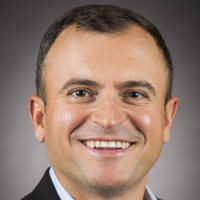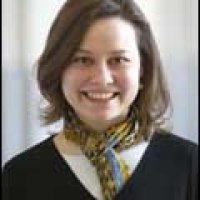Building Democracy and State Institutions in Post-War Kosovo
BUILDING DEMOCRACY AND STATE INSTITUTIONS IN POST-WAR KOSOVO
My dissertation examines how the international community builds democracy and state institutions in post-war Kosovo. Following the NATO intervention in 1999, Kosovo became a de-facto international protectorate in which the United Nations led other international organizations and actors, in building democracy and state institutions capable of sustaining peace. My main research question is: Can ambitious political and economic international interventions, as in Kosovo, build democracy and effective state institutions? The study uses interview and survey data within Kosovo to compare successful institutions with unsuccessful ones. I argue that the international community faces a trade-off between democratization and state-building. Democratization depends upon a participatory public, and international organizations succeed, as a result, when they support political parties, civil society and free and fair elections. Building effective public administrations, however, depends more on the insulation of the new bureaucracies from the political interference of elected officials.
This event will take place in the 5th floor conference room.
Speakers

Gladdys Muir Associate Professor of Peace Studies, Manchester University

Hosted By

Global Europe Program
The Global Europe Program is focused on Europe’s capabilities, and how it engages on critical global issues. We investigate European approaches to critical global issues. We examine Europe’s relations with Russia and Eurasia, China and the Indo-Pacific, the Middle East and Africa. Our initiatives include “Ukraine in Europe”—an examination of what it will take to make Ukraine’s European future a reality. But we also examine the role of NATO, the European Union and the OSCE, Europe’s energy security, transatlantic trade disputes, and challenges to democracy. The Global Europe Program’s staff, scholars-in-residence, and Global Fellows participate in seminars, policy study groups, and international conferences to provide analytical recommendations to policy makers and the media. Read more
